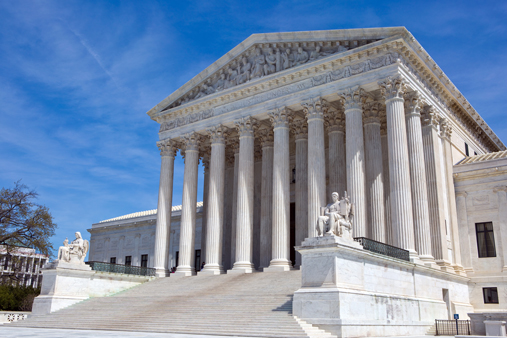The Federal Aviation Administration (the FAA) has already received more than 22,000 comments on a controversial Notice of Interpretation (the Notice) regarding the special rule for model aircraft in the FAA Modernization and Reform Act of 2012 (the Act).
The Act directs the Department of Transportation to develop a comprehensive plan to accelerate the integration of civil unmanned aircraft systems into the national airspace system and provide guidance regarding the operation of unmanned aircraft systems. The Act defines unmanned aircraft as “an aircraft that is operated without the possibility of direct human intervention from within or on the aircraft.” Unmanned aircraft are more commonly referred to as unmanned aerial vehicles (UAVs) or drones.
Section 336(a) of the Act prohibits the FAA from promulgating any rule or regulation regarding model aircraft if:
- the aircraft is flown strictly for hobby or recreational use;
- the aircraft is operated in accordance with a community-based set of safety guidelines and within the programming of a nationwide community-based organization;
- the aircraft is limited to not more than 55 pounds (in general);
- the aircraft is operated in a manner that does not interfere with and gives way to any manned aircraft; and
- when flown within five miles of an airport, the operator provides the airport operator and the airport air traffic control tower (if applicable) with prior notice of the operation.
Section 336(c) defines a “model aircraft” as an unmanned aircraft that:
- is capable of sustained flight in the atmosphere;
- is flown within visual line of sight of the person operating the aircraft; and
- is flown for hobby or recreational purposes.
On June 16, the FAA issued the Notice, which provides additional guidance interpreting the special rule in the Act. First, the Notice sets forth the FAA’s position that model aircraft that meet the exception are not necessarily excepted from all rulemaking having an effect on model aircraft, including rulemakings that apply to all aircraft. Second, the Notice interprets the “visual line of sight” requirement to exclude the use of first-person view/remote-person view technology. Third, the Notice interprets the “hobby or recreational purpose” requirement to exclude commercial operations and flights in furtherance of business, or incidental to business. According to the examples provided in the Notice, an operator may fly a model aircraft at the local model aircraft club, but may not receive money for demonstrating aerobatics. Similarly, an operator may take photographs for personal use, but a realtor may not photograph property he or she is trying to sell. An operator of a model aircraft may move a box from point to point without compensation, but may not deliver packages for a fee. Finally, an operator may use model aircraft to view a field to determine if crops grown for personal enjoyment need water, but may not if the crops are grown as part of a commercial farming operation.
The Notice also sets forth the FAA’s position regarding its enforcement authority. Section 336(b) provides that the FAA may pursue enforcement action against persons operating model aircraft who endanger the safety of the national airspace system. In the Notice, the FAA concludes that Congress intended for the FAA to rely on its existing regulations to protect the safety of the national airspace system and sets forth a non-exhaustive list of regulations that apply to model aircraft.
The comment period for the Notice ends on July 25. Comments received to date indicate strong opposition to the rules prohibiting the use of first-person view technology as well as the restrictive interpretation of the phrase “hobby and recreational purpose.”
For more information, contact the Barnes & Thornburg attorney with whom you work, or Connie Lahn at Connie.Lahn@btlaw.com or 612-367-8706; or Clifford Maine at Clifford.Maine@btlaw.com or 616-742-3944.
You can also visit our Aviation Practice online at http://www.btlaw.com/aviation/.
© 2014 Barnes & Thornburg LLP. All Rights Reserved. This page, and all information on it, is proprietary and the property of Barnes & Thornburg LLP. It may not be reproduced, in any form, without the express written consent of Barnes & Thornburg LLP.
This Barnes & Thornburg LLP publication should not be construed as legal advice or legal opinion on any specific facts or circumstances. The contents are intended for general informational purposes only, and you are urged to consult your own lawyer on any specific legal questions you may have concerning your situation.
Visit us online at www.btlaw.com and follow us on Twitter @BTLawNews.










/Passle/6488d4630e7e25c9ac9f834a/MediaLibrary/Images/2024-07-18-19-15-33-047-669969d52008239f764a11af.png)


/Passle/6488d4630e7e25c9ac9f834a/SearchServiceImages/2024-07-17-15-17-44-967-6697e0980752df56d2441ada.jpg)
